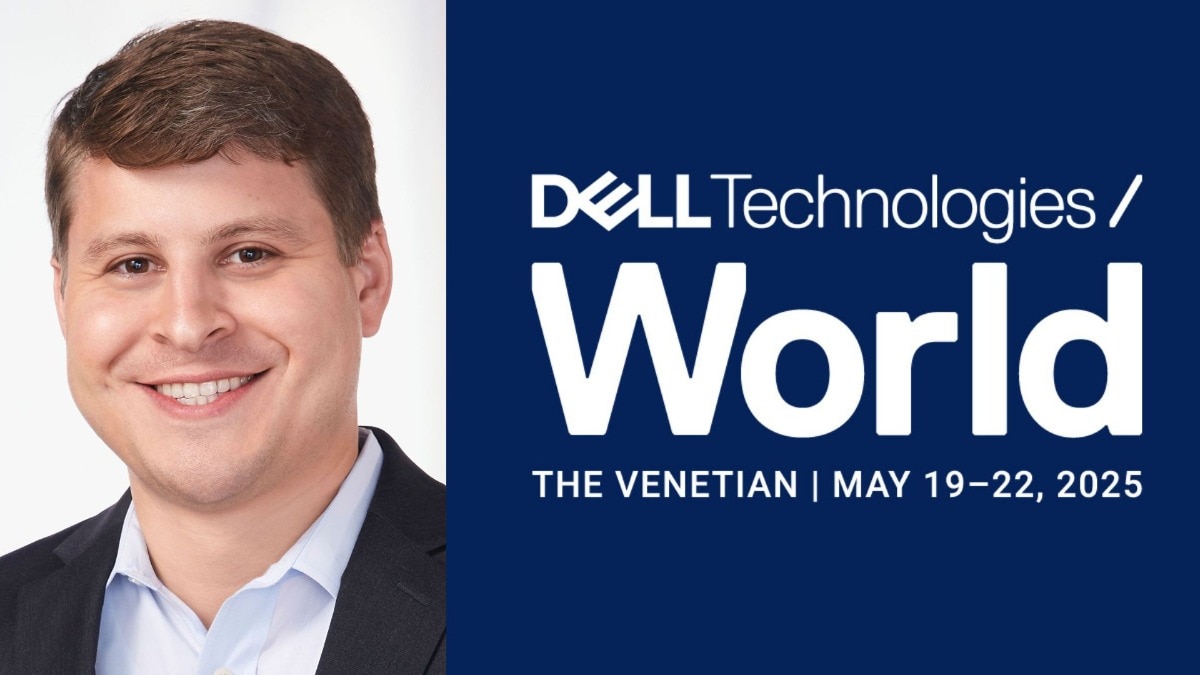Dell Technologies World in Las Vegas served as a platform for the company’s President and Chief Security Officer, John Scimone, to outline Dell’s cybersecurity strategy in the age of artificial intelligence. In an exclusive interview with Business Today, Scimone detailed what he described as the company’s three “security imperatives for AI”: using AI responsibly, defending against AI-driven threats, and deploying AI to strengthen security operations.
“Dell is obviously all in using AI to transform our own company. And with that, risk is going to be created inherently that we need to manage,” said Scimone.
AI: Risk, Shield, and Tool
Scimone acknowledged the dual challenge facing enterprises today: securing internal AI systems while also preparing to counter adversarial AI used by malicious actors. But among the three imperatives, he was most excited about the opportunity to use AI to enhance security capabilities.
“How are we as a security organisation going to use AI to actually do our jobs better? That’s probably the most exciting of the three.”
He described AI as a potential game-changer in the longstanding imbalance between cyber attackers and defenders. “When you think about cybersecurity, we’ve been losing for decades as an industry. I think this is an opportunity to really change the scoreboard.”
AI, he argued, could inject much-needed “volatility” into the system, disrupting traditional patterns and shifting the advantage towards defenders.
Addressing Workforce Gaps and Complexity
Scimone identified two pressing challenges that AI is well-positioned to address: a severe shortage of skilled cybersecurity professionals and the rising complexity of modern tech environments.“There’s a huge imbalance in the labour market, millions of roles more than actual jobs that we have qualified people to do in the industry,” he said.
AI’s ability to augment human productivity could help narrow this gap. Additionally, its capacity to navigate and simplify complex environments could prove invaluable in securing vast, dynamic infrastructures.
When asked whether simpler environments might become more vulnerable, Scimone disagreed. “Simple definitely doesn’t mean insecure,” he said. “The more standardised, simplified, predictable these environments can be, the more easy they are to secure.”
Data Quality, Sovereign AI, and Ethical Use
On the topic of open-source AI and growing concerns around data scraping, Scimone stressed the importance of data quality.
“Garbage in is going to mean garbage out,” he noted, emphasising the value of curating internal datasets to derive reliable business outcomes.
He also addressed the concept of sovereign AI, the growing desire among nations to maintain control over their own AI infrastructure and data flows. While governments may see AI as a strategic national asset, Scimone said this will always be at odds with the natural “gravity” of data. “Data wants to be free,” he explained, stressing the need for “purposeful and deliberate” data management policies.
Scimone reiterated Dell’s commitment to responsible AI use, guided by the company’s own principles of ethical AI.
Embedding Security into Consumer Products
Turning to consumer technology, Scimone said customers are increasingly aware of cyber risks and expect security to be intrinsic, not optional. “Our core strategy on the product and portfolio side is to bake security and resiliency into everything we do,” he said.
He highlighted innovations such as Dell’s “cyber vault” for air-gapped ransomware protection, and “self-healing and image recovery” tools that can restore encrypted devices swiftly after an attack. These solutions were born out of what Scimone called Dell’s “big ears” approach to customer feedback.
Governance, Data Residency, and Deepfakes
Scimone also touched on the governance of generative AI, a fast-evolving area with major implications for privacy and intellectual property. Dell has formed an AI governance board to help manage its internal AI adoption responsibly. “We advise organisations not to default to a ‘no first’ mindset. Those who lean into AI responsibly will move faster and more successfully,” he said.
On data residency concerns, particularly relevant to countries like India, Scimone acknowledged growing anxiety around data flowing through international supply chains. “We see increased interest in on-premise architectures, especially for sensitive use cases,” he said, adding that Dell’s four-decade legacy of secure supply chain practices remains a competitive strength.
He also reflected on the mounting risks posed by deepfakes, calling it a “brave new world” where the line between real and fake is becoming dangerously thin.
“We’re going to need to retrain people, our employees, our children, on what reality means,” he said. Scimone called for tighter business process controls and wider education efforts, even as detection technologies continue to evolve.
